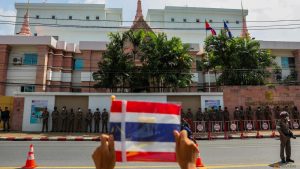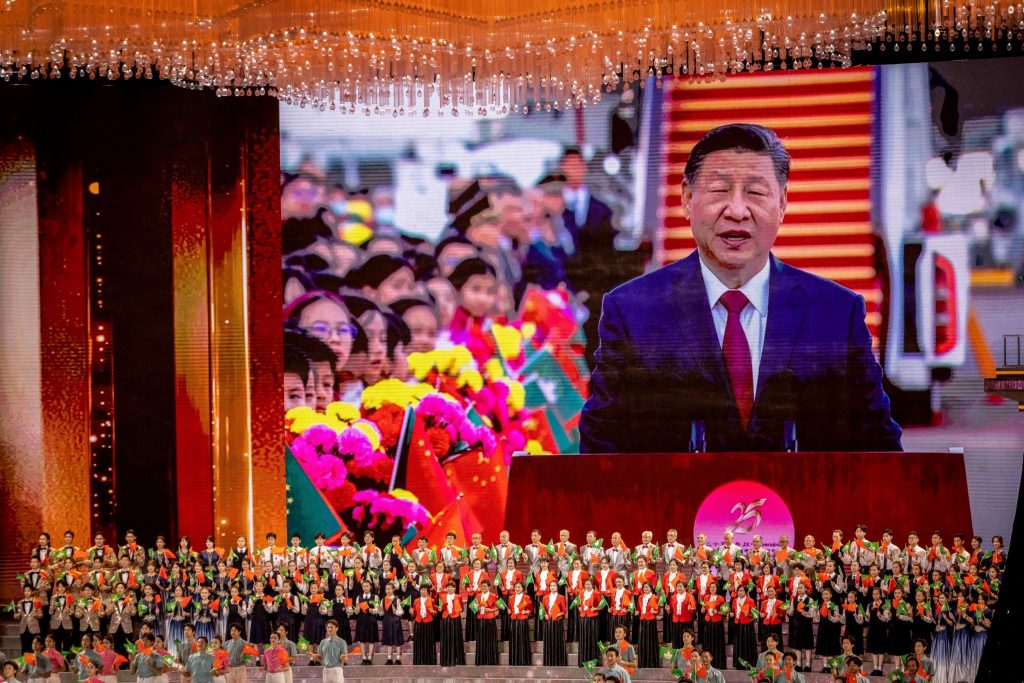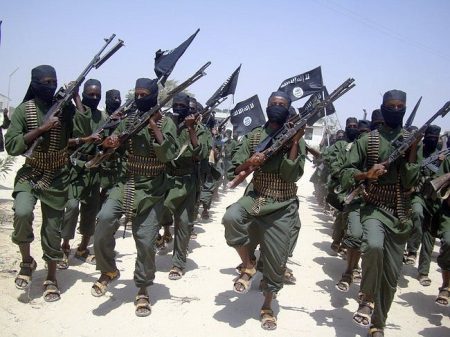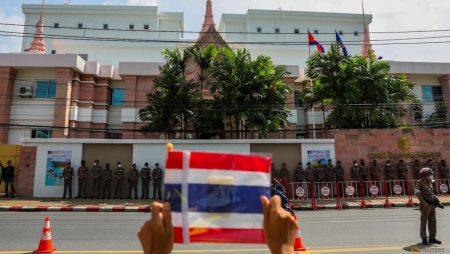China’s anti-corruption campaign, initiated under President Xi Jinping’s leadership in 2012, has witnessed a significant expansion of detention facilities designed to hold individuals suspected of corruption. These facilities operate under the “liuzhi” system, a form of detention outside the formal legal framework, raising serious concerns about due process and human rights. The expansion of this system coincides with Xi’s unprecedented third term as president, suggesting a continued emphasis on consolidating power and eliminating potential rivals under the guise of combating corruption. This expansion, detailed in a recent report, highlights the increasingly opaque nature of China’s legal system and the potential for abuse within this extralegal detention framework.
The liuzhi system replaces the previous “shuanggui” system, which allowed the Communist Party to detain and interrogate its members, often employing coercive tactics and torture. While presented as a reform, liuzhi has expanded the scope of those subject to detention beyond Party members to include anyone deemed to hold “public power.” This encompasses a vast swathe of individuals, from civil servants to school principals and managers of state-owned enterprises. Furthermore, detainees held under liuzhi can be held for up to six months without access to legal counsel or family, raising concerns about potential abuse and coercion. The lack of transparency and accountability within this system allows for potential misuse for political purposes, silencing dissent and consolidating power.
A CNN investigation has identified over 200 liuzhi facilities across China, using tender notices and satellite imagery analysis. The construction and expansion of these facilities, particularly in regions with significant ethnic minority populations, suggests a strategic deployment of this extrajudicial detention system. One notable example is the Shizuishan facility in Ningxia, which underwent significant expansion in 2023. This facility includes interrogation rooms, numerous detention cells, and extensive staff dormitories, indicating a substantial investment in the capacity to detain and interrogate individuals. The facility’s design, including padded walls and concealed wiring, ostensibly aimed at preventing suicides, echoes similar features found in facilities under the previous shuanggui system, raising questions about the true nature of the “reforms” implemented.
The liuzhi system and the expansion of these detention facilities have drawn sharp criticism from human rights advocates and legal experts. The secrecy surrounding these detentions, the lack of access to legal representation, and the potential for abuse raise serious concerns about the erosion of due process and the rule of law in China. Critics argue that the system effectively allows the state to operate outside established legal frameworks, enabling the arbitrary detention and coercion of individuals without adequate oversight. The targeting of individuals in “public power” further expands the reach of this system, creating an environment of fear and self-censorship among those who may be perceived as potential threats to the ruling party.
The ongoing anti-corruption campaign, with its focus on the military and party discipline, suggests that the use of the liuzhi system is likely to continue. Recent remarks by President Xi Jinping emphasizing the need to “turn the knife inward” to maintain party discipline reinforce this perspective. The expulsion of high-ranking officials, including former Foreign Minister Qin Gang and top military leaders, demonstrates the campaign’s reach and its potential to be used as a tool for political purges. While the official narrative emphasizes the importance of rooting out corruption, critics argue that the lack of transparency and due process within the liuzhi system allows it to be used to silence dissent and consolidate power.
The expansion of liuzhi detention facilities represents a troubling trend in China’s legal landscape. The opaque nature of these detentions, the lack of due process protections, and the potential for abuse raise serious human rights concerns. The expansion of the system beyond Party members to encompass a broader range of individuals in “public power” further expands the potential for its misuse. The ongoing anti-corruption campaign, with its emphasis on maintaining party discipline, suggests that the liuzhi system will continue to be a tool employed by the Chinese government, raising concerns about the future of human rights and the rule of law in China. The lack of independent oversight and the secrecy surrounding these facilities allow for potential abuses to go unchecked, creating an environment of fear and uncertainty for those who may fall under its purview.










